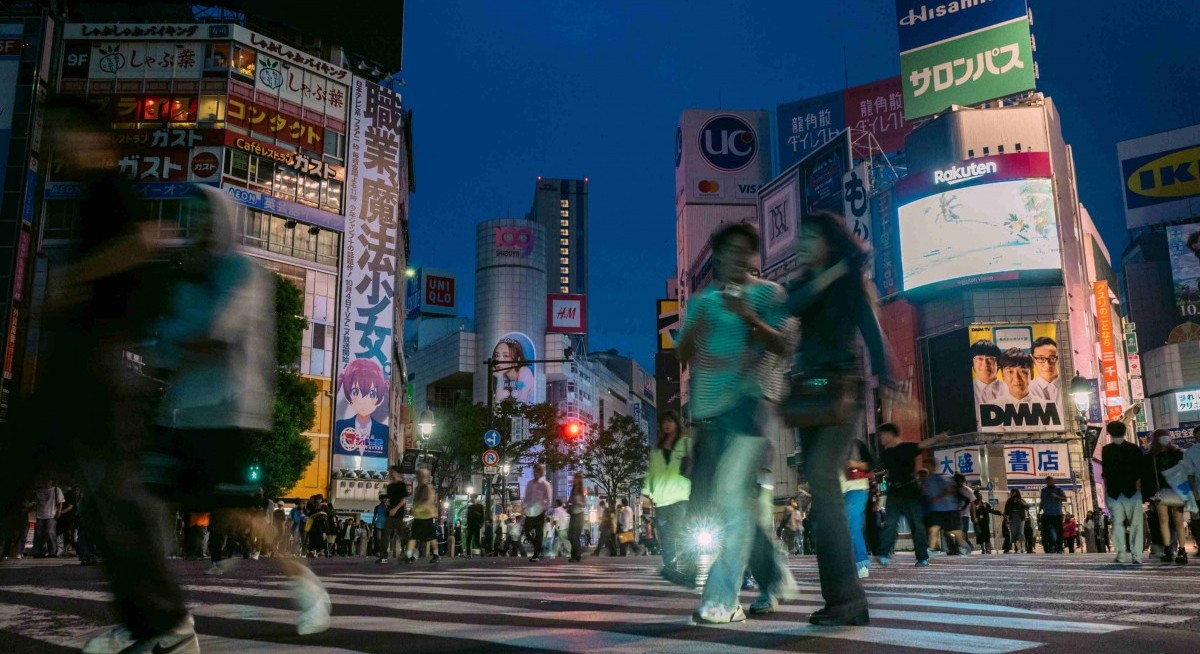He added that measures to counter inflation must reach those most in need, and touted recent steps that eased rice and gasoline prices as examples.
Ishiba has opposed lowering the sales tax ahead of an upper house election where voters will vote on the performance of his minority government. The ruling coalition suffered its worst-ever result in a Tokyo metropolitan election last week, with voters raising the high cost-of-living as well as anger over political scandals as factors that helped determine how they voted.
A Kyodo News poll conducted last weekend showed a majority of respondents want a cut in the consumption tax, as favoured by some of the opposition parties, to deal with persistent inflation, while Ishiba has instead pledged cash handouts to ease the burden.
Yoshihiko Noda, leader of the country’s largest opposition Constitutional Democratic Party, promoted his party’s promise to temporarily lower the consumption tax on food, saying that a major factor for Japan’s inflation, currently the highest among G-7 countries, is rising food prices.
See also: Japan’s biggest nuclear plant restarts second time after hiccup
“I believe the most effective way to counter inflation is by bringing down the current 8% consumption tax on food down to 0%,” Noda said at the same conference, adding that his plan would call for a temporary cut with a pre-determined time limit of up to two years.
Inflation in Tokyo slowed in June for the first time in four months as a result of government steps to reduce utility and gasoline prices. Still, voters across Japan have seen more than three years of inflation at or above the Bank of Japan’s 2% target.




